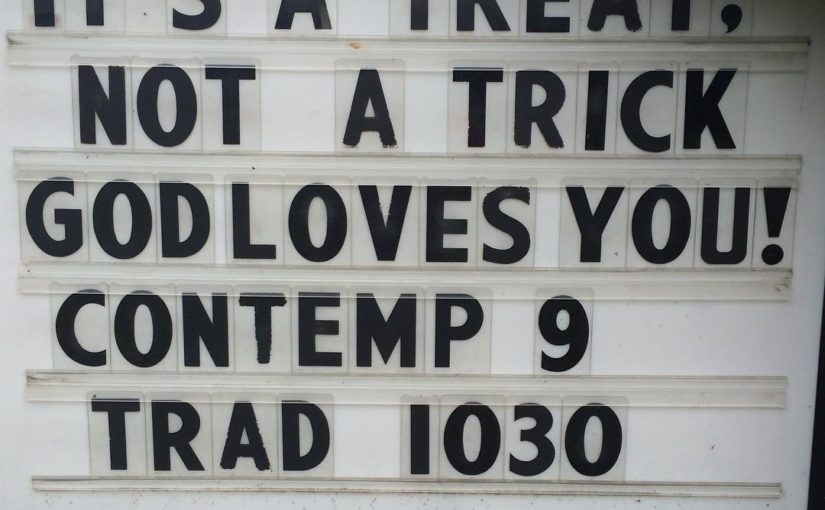The Gospel Reading is Luke 18:9-14.
Tax collecting in Jesus’ era was a messy business. The system we use today is different. Many of us first experience taxes when we buy something. A sales tax is added to the bill. We also might have taxes taken out of our paycheck and spend hours trying to figure out a tax system that changes every year. Our system includes lawyers, accountants, and others who help us figure out the taxes we pay. Our system is not perfect but this system provides the money for roads, schools, hospitals, the military, and countless other institutions and activities that connect us as a community.
Tax collecting in Jesus’ time didn’t work this way. Kings and emperors set a target for how much money they wanted to collect. These leaders did not have the institutions or the human resources to travel around and collect the taxes themselves Instead they hired tax collecting firms to collect the money for them. Tax collectors could even sub-contract to other tax collecting firms. These firms were legally empowered to collect the tax along with a “commission.” People who were taxed had to pay the original tax and the additional “commission.” Tax collectors did more than collect taxes: they collected their own paycheck as well.
The tax collectors Jesus called as his disciples were hated for a variety reasons. People did not like paying the tax and being connected connected to an occupying army (the Roman Empire) who set the taxes. Tax collectors worked “on behalf politically oppressed and economically exploitive system of imperial domination.” (Gregory Allen Robbins in Feasting on the Gospels, Luke Volume 2). Tax collectors supported and sustained an empire that invaded Israel, conquered it, and determined who its leaders were.
No one liked tax collectors. People avoided tax collectors and religious leaders rightly saw tax collectors as problems. But today’s text is powerful because Jesus does more than talk about tax collectors. Jesus calls one as an apostle (Levi) and he’ll eat with them in their homes. Jesus doesn’t avoid the tax collector. Instead, Jesus loves them.
Each week, I write a reflection on one of our scripture readings for the week. This is from Christ Lutheran Church’s Worship Bulletin for 10/23/2016.


